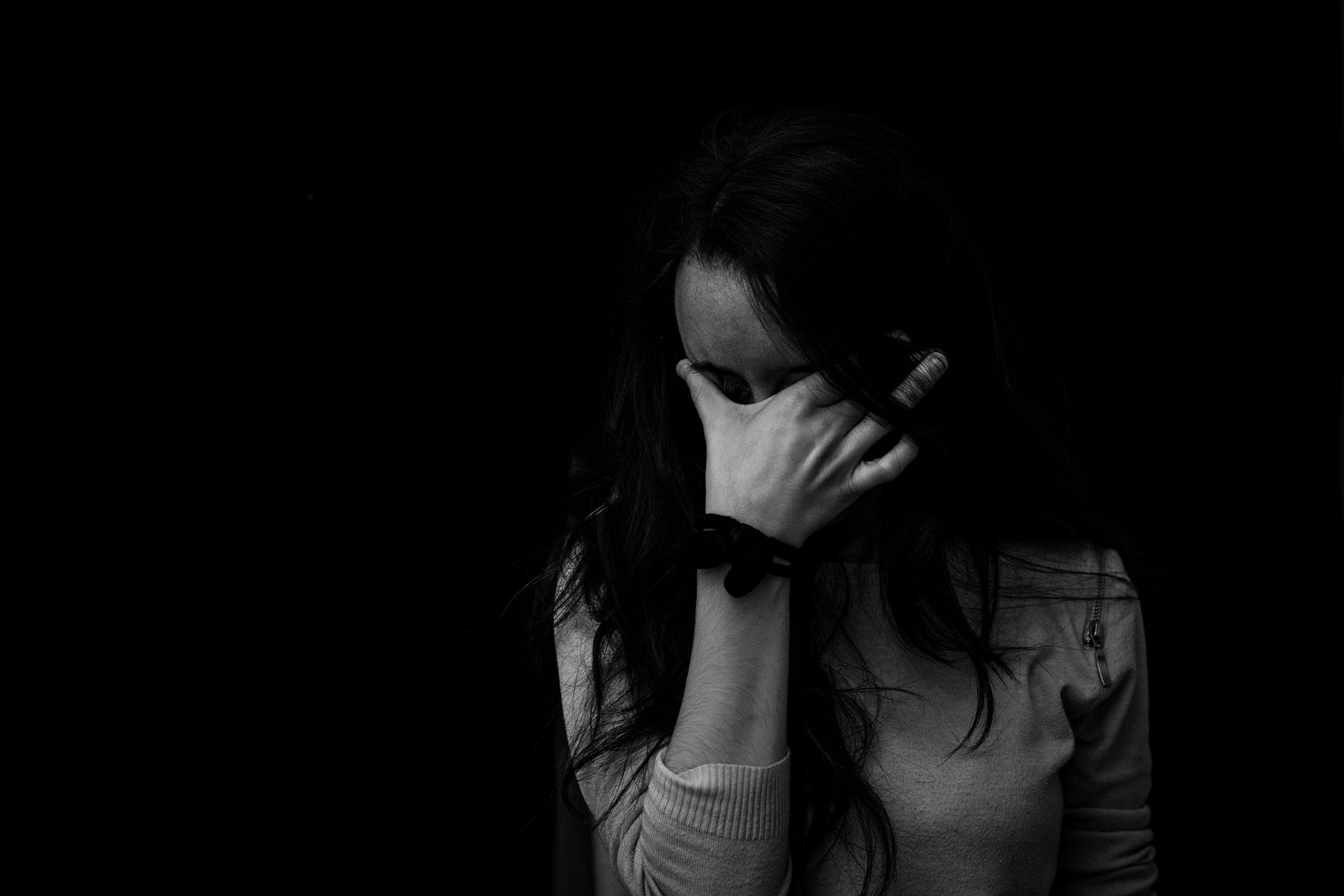Stress is a normal part of everyday life – in fact, it’s designed to protect us from danger. But while in today’s world our stresses usually aren’t life-threatening, our anxiety levels sometimes respond as if they are.
Anxiety is a normal response to stress. When worrying becomes excessive and persistent and starts to interfere with daily life, it may be time to consider options for treating it.
It’s important to note that while it may be tempting to self-diagnose based on the information you find online, a mental health professional can help you determine, and get to the root of, what’s really going on. To do so, your therapist might start by discussing the issues you’re currently experiencing, your thoughts and feelings, and the potential origins of your patterns.
Often, therapists refer to the Diagnostic and Statistical Manual of Mental Disorders (DSM-5), the standard psychiatric manual, to help them diagnose anxiety.
Here’s what we’re covering in this article:
- Anxiety Disorder Symptoms
- Can It Be Treated Without Medication?
- Can It Be Treated at Home?
- Finding a Treatment Plan That Works for You
Anxiety Disorder Symptoms
Anxiety disorders, which can include generalized anxiety disorder (GAD), social anxiety disorder and panic disorder, may cause symptoms like:
- Irritability
- Fatigue
- Restlessness
- Impaired mental focus
- Muscle tension and pain
- Sleeplessness
Most people experience some of the above symptoms from time to time. A qualified mental health counselor can help you determine if it is in fact the cause of this, or if there’s another contributing factor at play.
Can It be Treated Without Medication?
Some people who suffer from acute anxiety may find medication helpful for getting severe episodes under control. In some cases, chronic anxiety may be treated with antidepressants. And some people may be able to make lifestyle adjustments or use treatment methods that don’t involve medication at all.
It’s important to note that despite the stigma surrounding medication, choosing this course of action is completely okay if you truly feel it meets your needs. Also be aware that some anxiety medications are habit-forming if used excessively, which is why it’s important to take them exactly as directed.
A psychiatrist can explain your treatment options, inform you of the pros and cons of each and help you decide which route is best for you.
Psychotherapy (also known as counseling our talk therapy) is also a highly effective approach to treatment. Therapies like cognitive behavioral therapy (CBT) can help you understand the cause causing and start to develop skills for managing it.
Can It be Treated at Home?
Often, small changes to your lifestyle can make a noticeable difference in reducing your symptoms, coping with anxiety and preventing it from occurring as often. These might include:
- Nutrition – It’s long been known that whole, nutrient-dense foods have a positive impact on mood, but modern research reveals increasing evidence of a strong link between your brain and gut health.
- Fitness – Exercise boosts endorphins (feel-good chemicals in your brain), and doing it regularly can reduce your baseline stress level.
- Sleep hygiene – How well-rested you are has a huge impact on how you feel. Getting regular, high-quality sleep is essential – talk to your therapist if anxiety is interfering with your sleep patterns.
There is also a wide range of non-medication alternatives for treating anxiety, including mindfulness meditation, relaxation techniques, herbal supplements, and more.
Each person responds differently to various treatments, and some herbal remedies can interact with other medications – a counselor may recommend certain therapeutic approaches based on your specific needs.
Finding a Treatment Plan That Works for You
Everyone’s causes and experiences of anxiety are different, and which treatment you respond to best depends on your personality, preferences, and circumstances.
A certified mental health professional can help you discover what triggers your stress, and get strategies in place for preventing and dealing with anxiety when it arises. Once you have a treatment plan, stick with it – progress is a process and consistency leads to results!
Ayadi offers anxiety treatment via a convenient app that allows you to connect with professional therapists from the comfort and privacy of your own home. Download our app to get help today.

